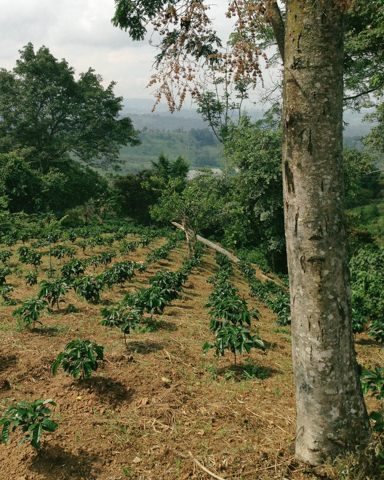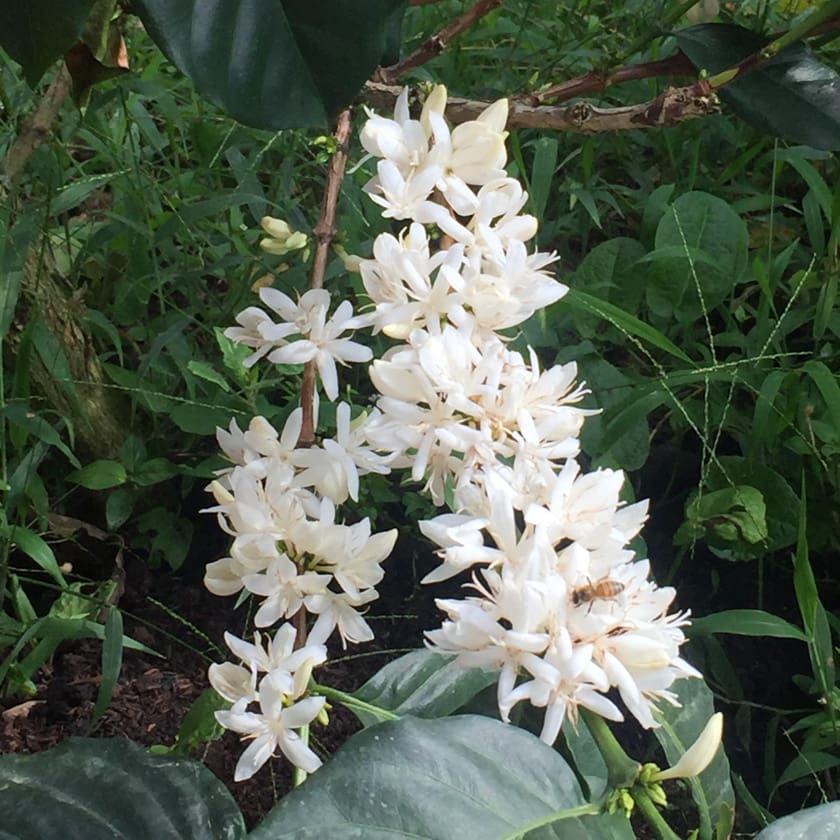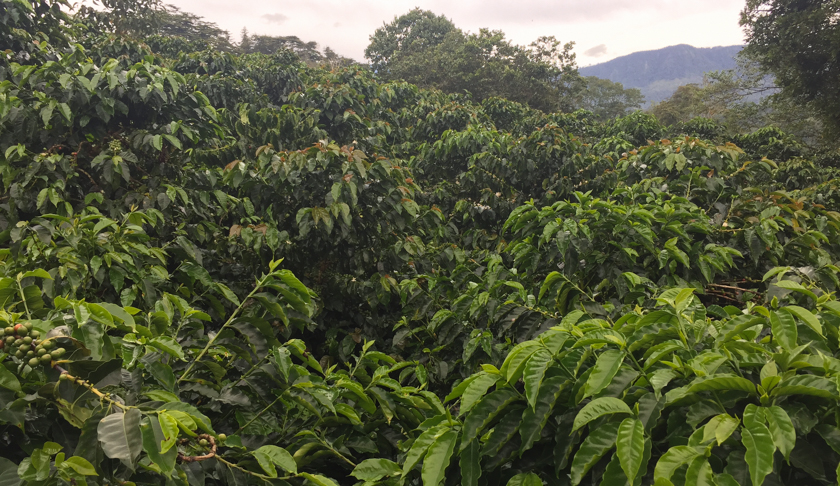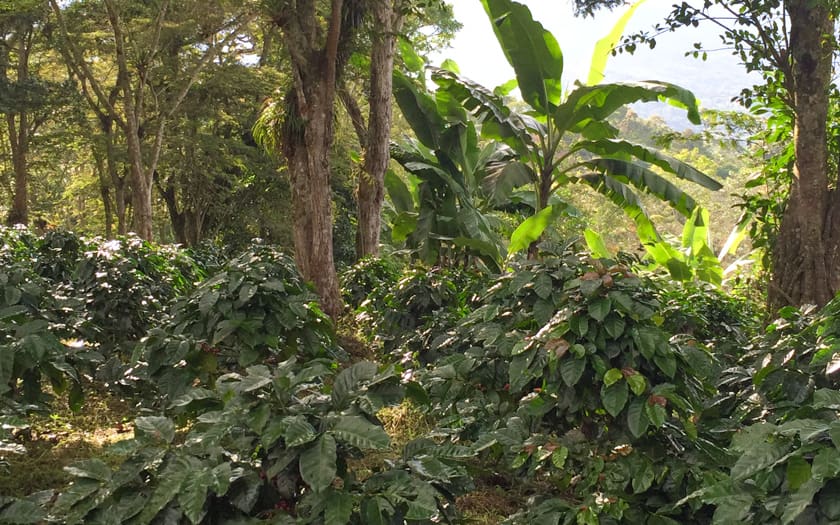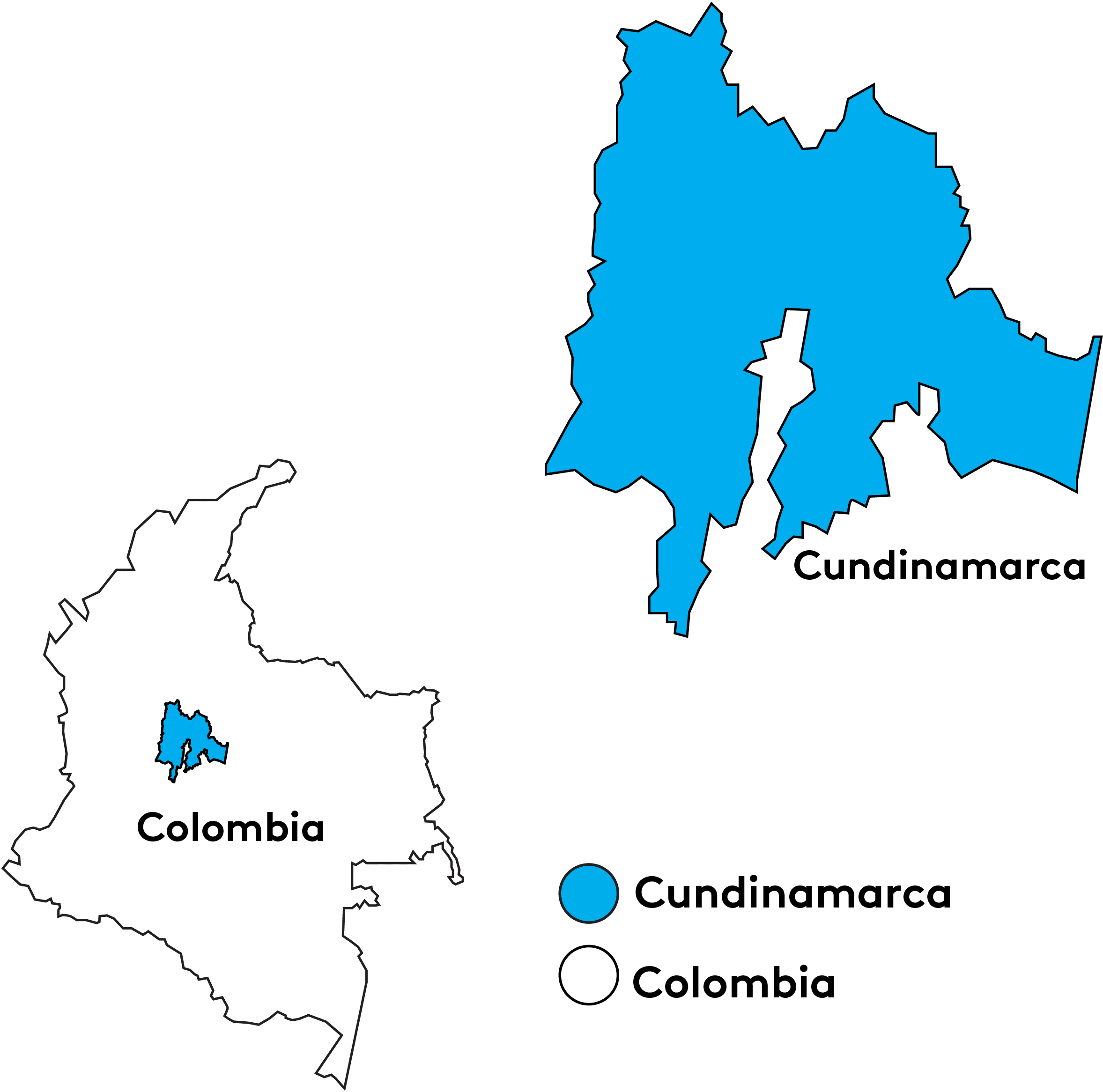Sumapaz is a community lot from smallholders in the Sumapaz and Eastern provinces of the department of Cundinamarca. Sumapaz province is named for the Paramo de Sumapaz, the largest moor—high, hilly temperate grassland biome—in the world and a protected Colombian National Reserve since 1977. The Sumapaz moorland is the source of much of urban Bogota’s fresh water supply and feeds the Magdalena and Orinoco Rivers. Mining projects have threatened the forest and highland ecosystems, but the people of neighboring towns ensured that the land become a protected national treasure and continue to protect this precious natural resource.
More than 30,000 coffee farming families live in Sumapaz, where the highly productive soil, climatic conditions of low nighttime temperatures with sunny days, and regular misty cloud cover make coffee production thrive.
Smallholder farmers in the Ubaque, Fomeque, and Choachí towns of the Eastern Province own their land and are deeply devoted to the careful labor necessary to produce quality.
PROSERVICOL, Productores y Servicios Lideres de Colombia, formed in 2012 to help further the viability of coffee production in Cundinamarca. Beginning with the farms surrounding Francisco Tamayo’s Finca La Primavera in Silvania, Proservicol assures the quality of coffee by assisting in picking, drying, and traceability so that families can remain on their farms and continue to act as stewards of the land.
